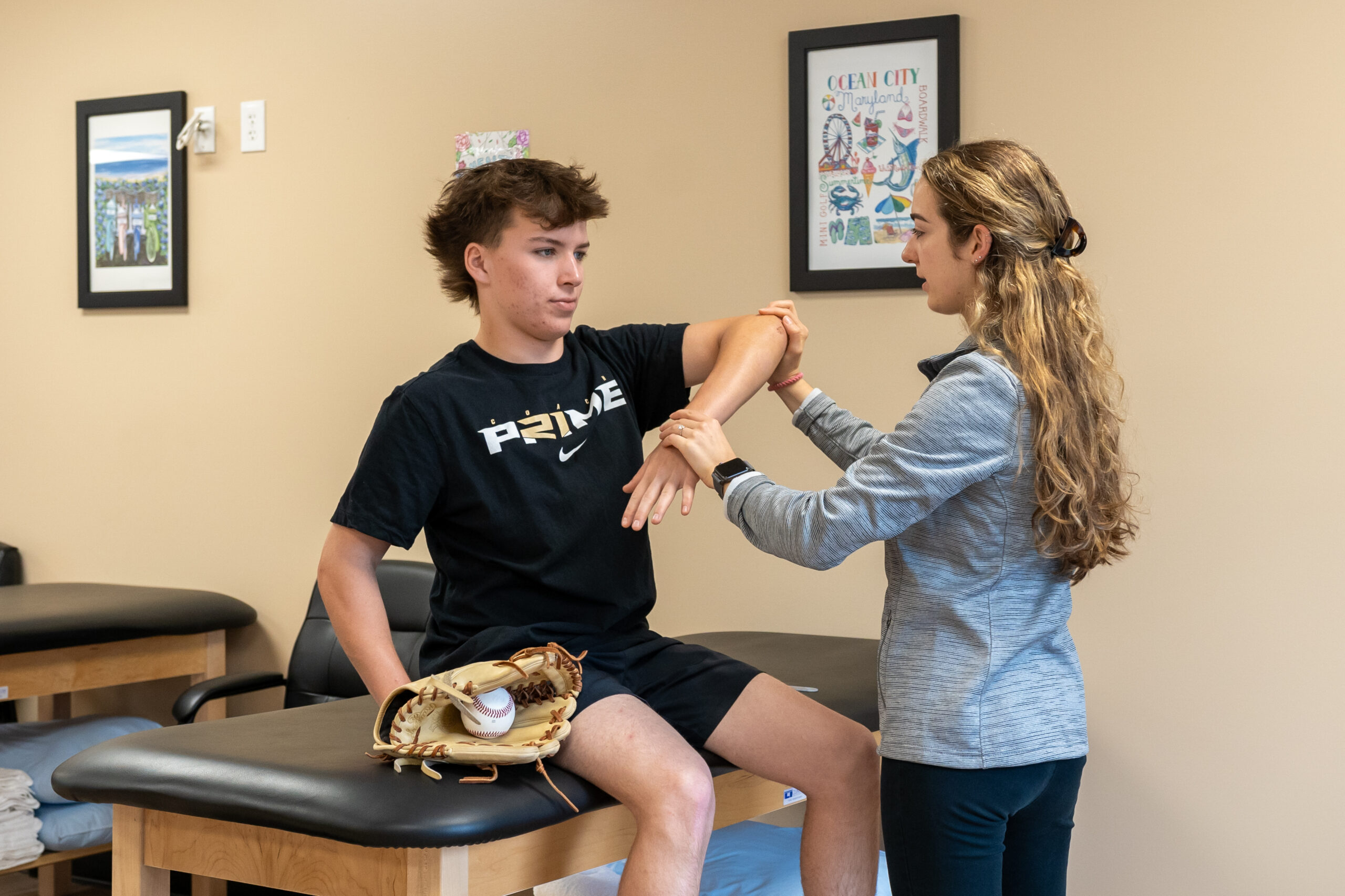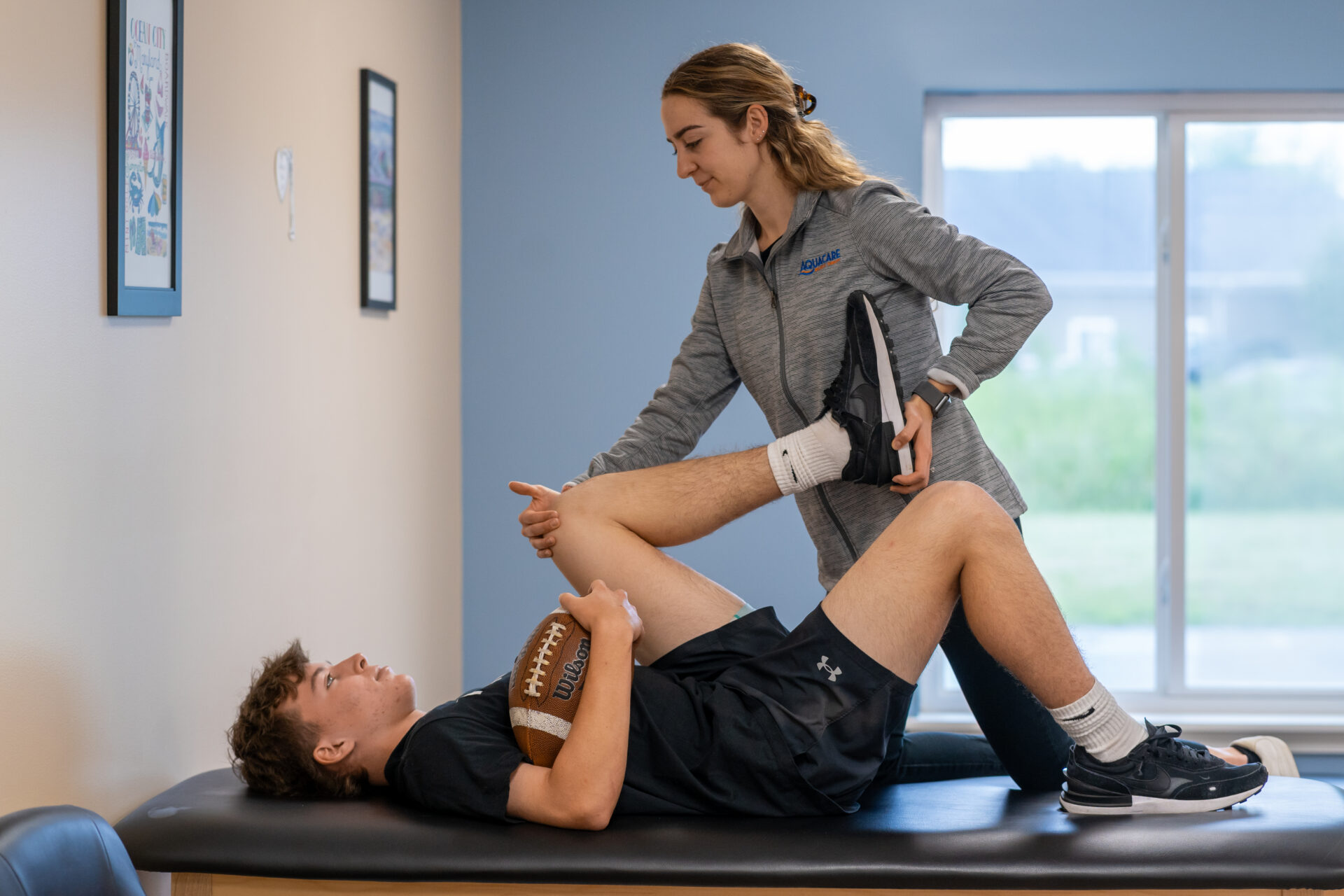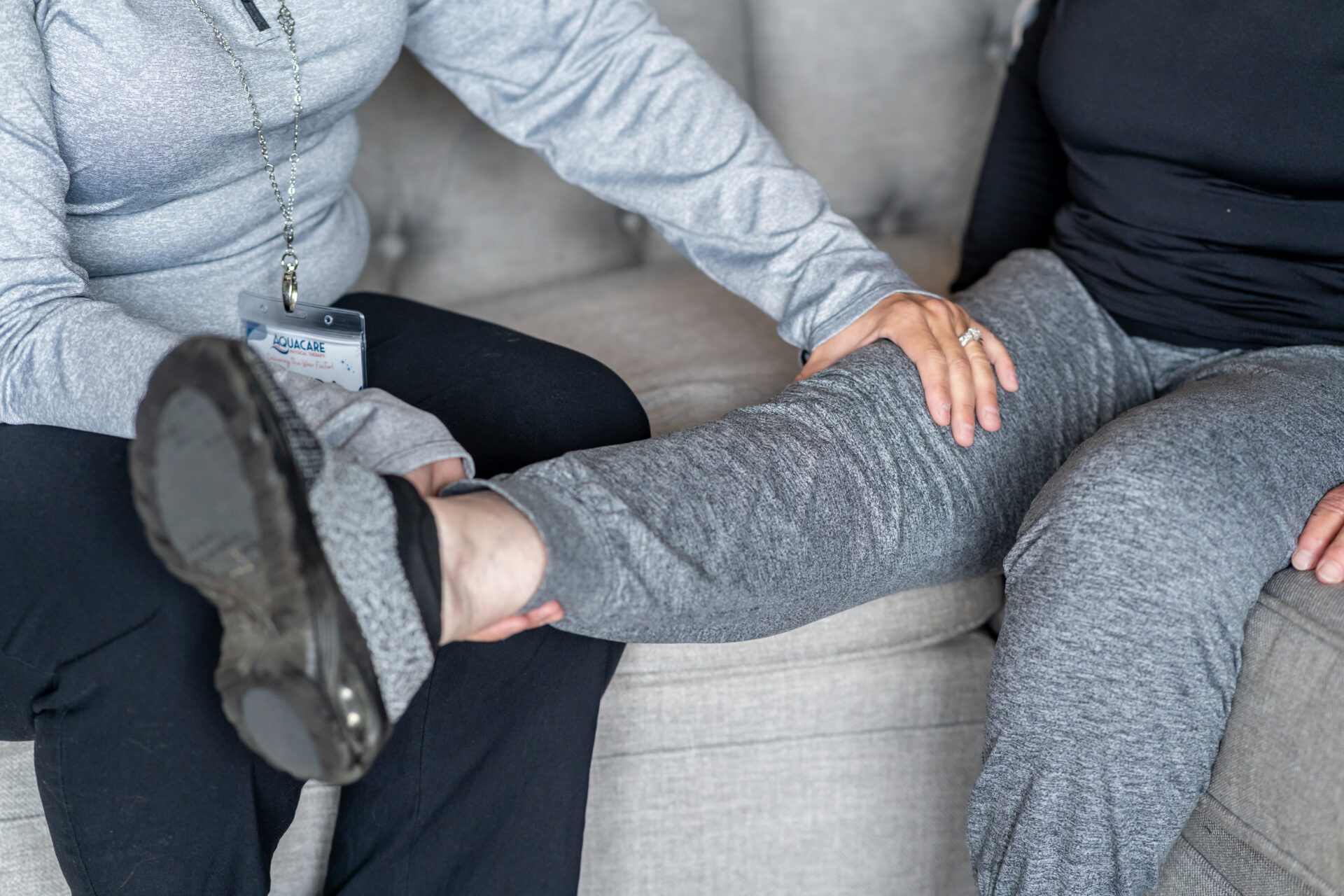Physical Therapist Assisted Stretching
Why is Stretching Important?
Stretching is essential for keeping muscles flexible and healthy, enabling a full range of motion in the joints. Stretching not only feels good but also plays a vital role in maintaining overall health. Without regular stretching, muscles can shorten and tighten, limiting their ability to extend fully during activity and increasing the risk of injury. Incorporating regular stretching into your routine can have numerous physical and mental benefits.
Here are some of the key benefits of regular stretching:
Improved flexibility and circulation: Lengthens muscles, enhances range of motion, and boosts both short-term and long-term circulatory health. Improved flexibility helps you move more freely and perform daily activities with ease. Enhanced circulation from regular stretching promotes better oxygen and nutrient delivery to your muscles, which can aid in recovery and reduce muscle fatigue. Improved blood flow also helps remove toxins from the muscle tissue, further enhancing recovery and performance.
Reduced injury risk: Stretching may lower the likelihood of muscular injuries by improving range of motion for sports and daily activities. Stretching prepares your muscles for the stress of exercise, reduces muscle stiffness, and increases flexibility, making it less likely for muscles and tendons to strain or tear.
Less joint and muscle pain: Stretching may alleviate and prevents pain by stretching the muscles. Regular stretching helps to relieve tension in tight muscles, reduces muscle soreness, and can alleviate chronic pain conditions such as lower back pain and arthritis. By maintaining flexibility and joint health, stretching can also help prevent the development of musculoskeletal issues and improve overall comfort in daily activities.
Enhanced athletic performance: Stretching may improve athletic ability through better joint movement and flexibility, allowing for more efficient and effective execution of movements. It also helps in quicker recovery, reduces muscle stiffness, and increases overall endurance, making it easier to perform at higher levels for longer periods.
Increased relaxation and reduced stress: Stimulates the body’s relaxation response, helping to reduce stress and promote a sense of calm and well-being.
Better posture: Stretching can help with alignment by addressing tight muscles and combining stretching with core strengthening. Regular stretching helps correct muscle imbalances, reduces strain on the spine, and supports proper spinal alignment. This can lead to a more upright and balanced posture, reducing the risk of developing chronic pain conditions and improving overall body mechanics.
Experience the benefits of physical therapist assisted stretching to improve your flexibility, reduce pain, and enhance overall physical performance. Our expert therapists use customized stretching techniques to help you achieve optimal mobility and prevent injuries.



